The theme for UK Black History Month this year is “standing firm in power and pride”, a fitting lens through which to examine some of the individuals whose lives embodied resilience, dignity, and unshakeable courage. These eight figures from across the Black British, Caribbean, and wider African diaspora left a lasting impression on history. Each in their own way stood tall against discrimination, oppression, or injustice, and transformed their struggles into legacies of strength.
Zumbi dos Palmares (1655–1695)
Zumbi dos Palmares was the leader of Quilombo dos Palmares, a community of escaped enslaved Africans in colonial Brazil. Born into slavery, he escaped as a child and grew into a skilled warrior, strategist, and symbol of resistance. Under his leadership, Palmares became a thriving, independent settlement that resisted repeated assaults from Portuguese and Dutch forces for nearly a century.
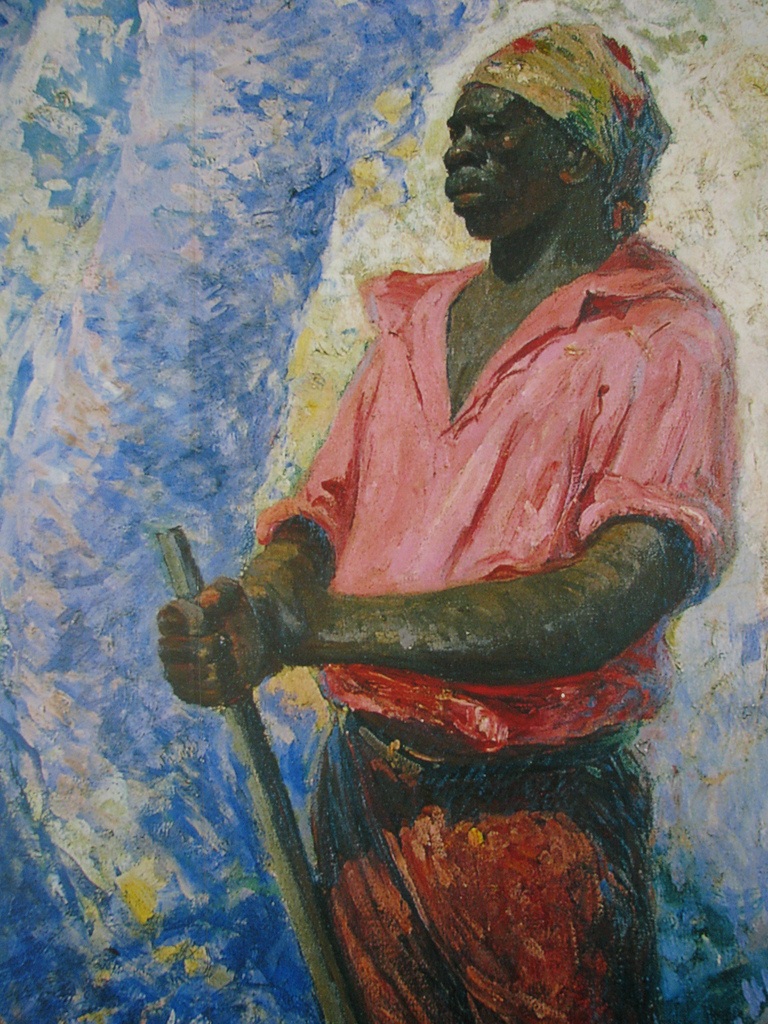
Zumbi’s legacy lies in his refusal to compromise on the pursuit of freedom. Even when offered peace terms that would have granted privileges to some while re-enslaving others, he chose resistance over partial liberty. His death in 1695 turned him into a martyr, and today he is celebrated in Brazil on Black Consciousness Day as a figure of defiance, unity, and Black pride.
Beryl Gilroy (1924–2001)
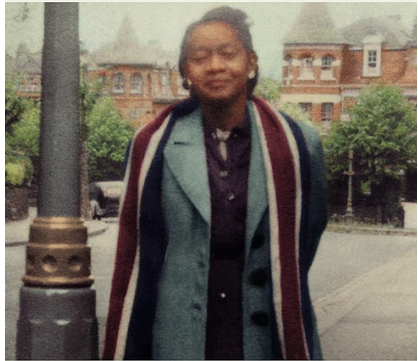
Beryl Gilroy, born in British Guiana (now Guyana), migrated to Britain in the 1950s and became the UK’s first Black female headteacher. Facing open racism in the classroom and within the education system, she stood her ground with grace and determination, insisting that every child deserved dignity and opportunity. She transformed schools with her nurturing but firm approach, earning admiration from pupils and colleagues alike.
Beyond teaching, Gilroy was also a trailblazing writer. Her autobiographical novel Black Teacher laid bare her struggles and triumphs in postwar Britain, while her later works explored Caribbean heritage and women’s lives. In both literature and education, she embodied resilience, paving the way for future generations of Black British educators and writers.
Chinua Achebe (1930–2013)
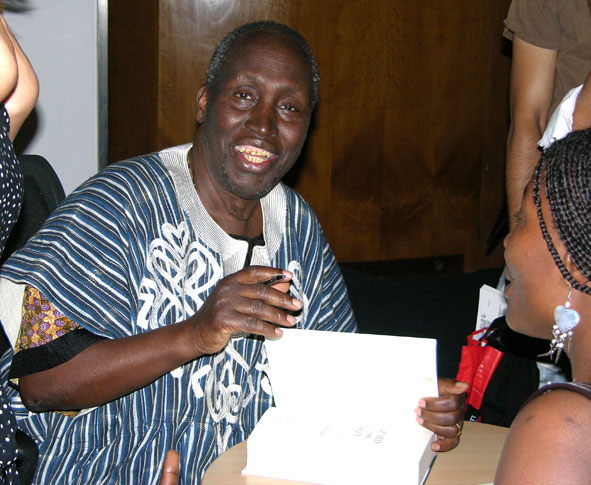
Chinua Achebe, often referred to as the father of African literature, revolutionised how the world viewed Africa through his groundbreaking novel, Things Fall Apart (1958). By writing in English yet deeply rooted in Igbo culture, he reclaimed African narratives from the colonial gaze, presenting a nuanced, dignified portrayal of precolonial life and the upheaval caused by European conquest.
Achebe’s work carried immense pride in African identity, countering stereotypes of primitiveness and passivity. His essays and novels challenged both colonialism and postcolonial corruption, making him not just a literary figure but also a moral voice. Through his art and activism, Achebe showed that words could be weapons of power and cultural liberation.
Pearl Prescod (1920–1966)
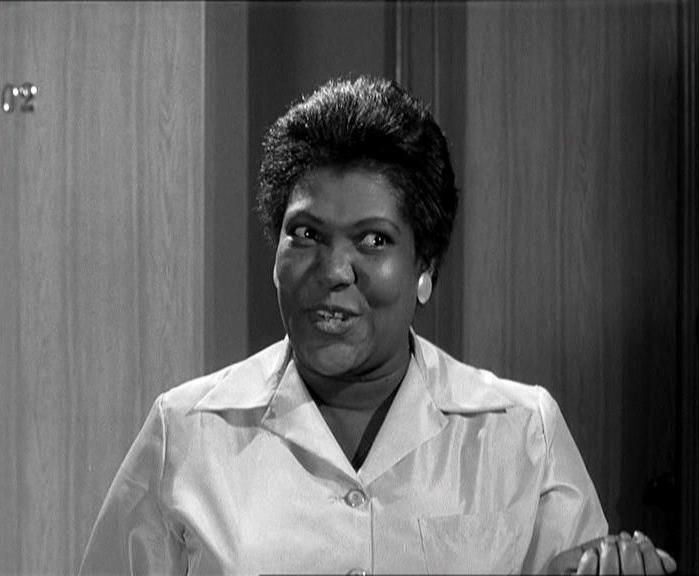
Pearl Prescod, born in Tobago, came to Britain in the 1950s and broke barriers as an actress and singer during a time when opportunities for Black performers were painfully limited. She performed with the National Theatre and on stage in Shakespeare, defying the typecasting and marginalisation that Black women in the arts faced. Her presence on British stages was itself an act of resistance, asserting pride in her craft and heritage.
Offstage, Prescod worked alongside Claudia Jones and other activists, helping to organise the early Notting Hill Carnival as a celebration of Caribbean culture and resilience in the face of racism. She used both her art and her activism to carve out space for Black identity in Britain, leaving a legacy of cultural pride and community empowerment.
Harold Moody (1882–1947)
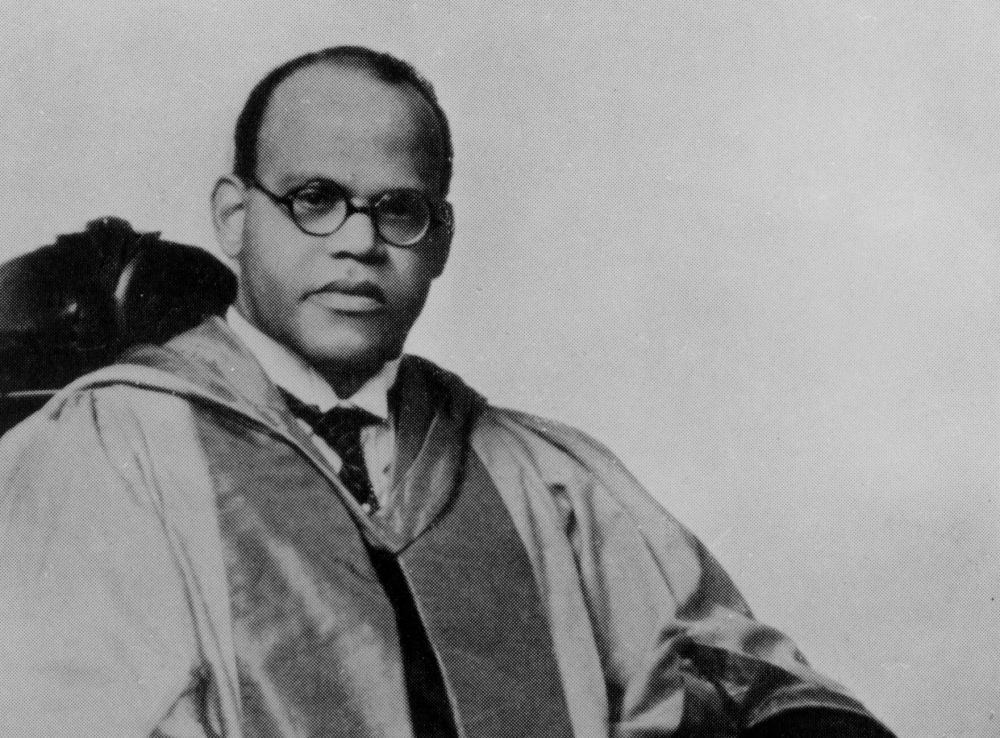
Dr Harold Moody, born in Jamaica, arrived in London in 1904 to study medicine. Despite graduating at the top of his class, he faced entrenched racism that barred him from hospital positions. Undeterred, he opened his own successful practice in Peckham, where he served patients with dignity and compassion regardless of race or background.
In 1931, he founded the League of Coloured Peoples, one of Britain’s first civil rights organisations. The League campaigned against racial discrimination in housing, employment, and education, and supported Caribbean and African students in Britain. Moody stood firm in his belief that racism could be confronted through persistence, faith, and unity, making him a pioneer of Black British activism.
Winifred Atwell (1914–1983)
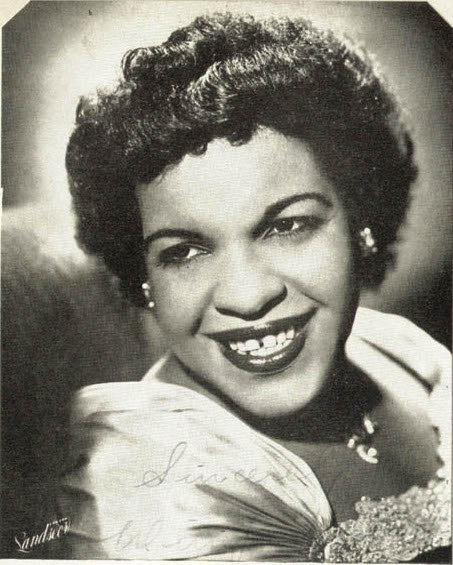
Winifred Atwell was a Trinidadian pianist who became an unlikely superstar in 1950s Britain. Trained in classical piano, she captivated audiences with her “honky-tonk” style, switching between refined concert works and lively ragtime. She broke barriers by becoming the first Black woman to top the UK Singles Chart — a feat that made her an international celebrity.
Atwell’s success was not without challenges; she faced racism in the entertainment industry and often had to work twice as hard to be taken seriously as a classical musician. Yet she embraced her roots and delighted in connecting with everyday audiences. Her career was a proud reminder that Black women could excel on their own terms in spaces that tried to exclude them.
Paul Stephenson (1937–2023)
Paul Stephenson was a leading figure in Britain’s civil rights movement. In 1963, he organised the Bristol Bus Boycott after a local bus company refused to hire Black or Asian workers. Inspired by the Montgomery Bus Boycott in the United States, Stephenson’s campaign brought together diverse communities and forced the company to abandon its discriminatory policy.
His activism didn’t stop there. He fought for racial equality in housing, education, and policing, and later became a trusted adviser to government bodies. Stephenson’s determination, charm, and refusal to accept second-class citizenship made him a symbol of Black pride and a key architect of social change in modern Britain.
Baroness Doreen Lawrence (b.1952)
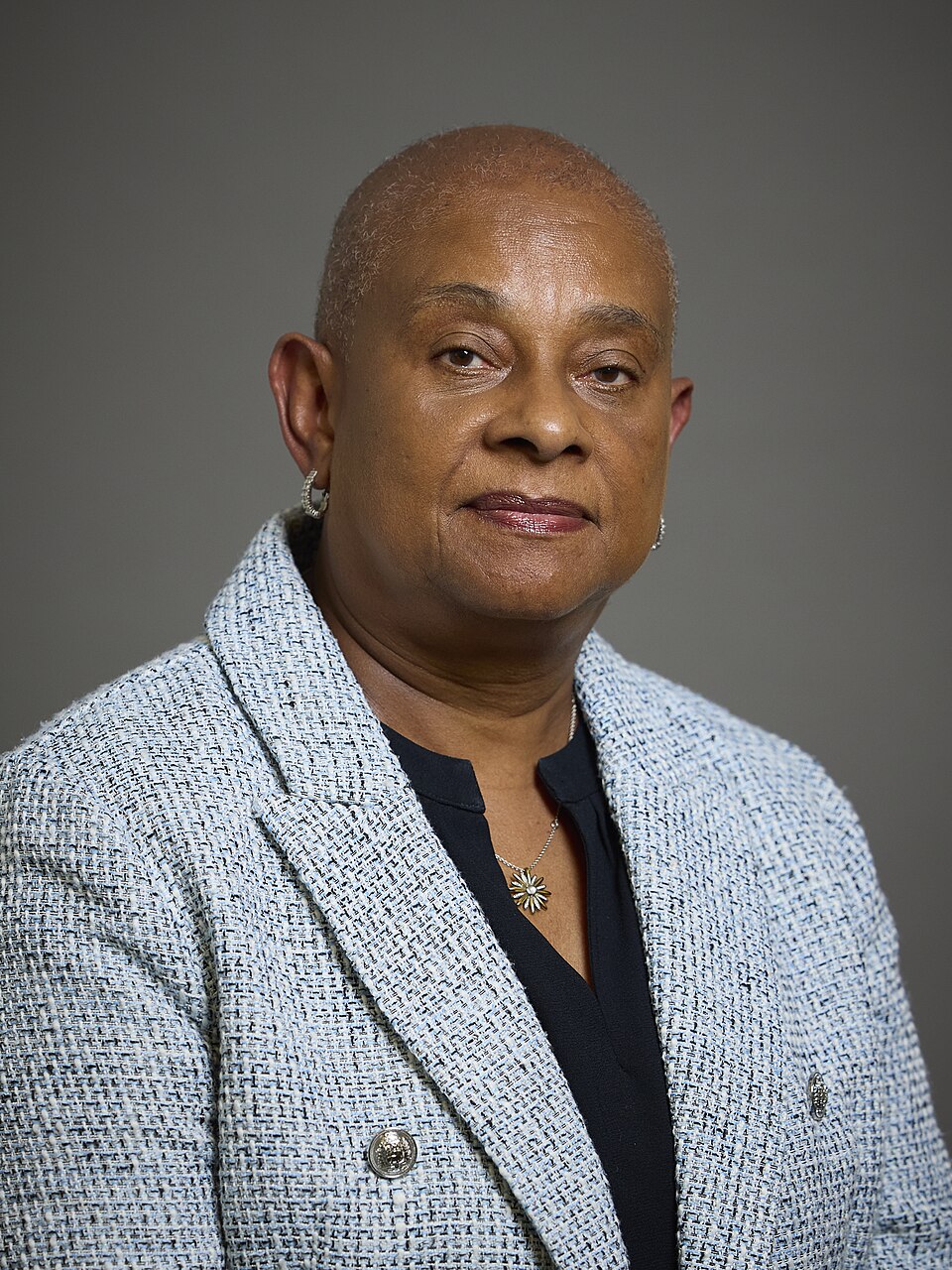
Doreen Lawrence became one of Britain’s most respected campaigners after the racist murder of her son, Stephen Lawrence, in 1993. Faced with grief and a police force that failed her family, she transformed personal tragedy into a fight for justice. Her persistence led to the landmark Macpherson Report of 1999, which acknowledged institutional racism within the Metropolitan Police — a turning point in British race relations.
Made a life peer in 2013, Baroness Lawrence continues to advocate for justice, equality, and opportunities for young people through the Stephen Lawrence Foundation. She has stood with unwavering dignity against hostility and systemic resistance, becoming a beacon of power and pride for Black Britain and beyond.
Standing firm
From Brazil to Britain, from literature to politics, these figures show us what it means to stand firm in power and pride. Their stories remind us that resistance takes many forms, through words, music, leadership, or the courage to demand justice. This Black History Month, their legacies call on us to continue building a future where dignity and equality are not aspirations but realities.

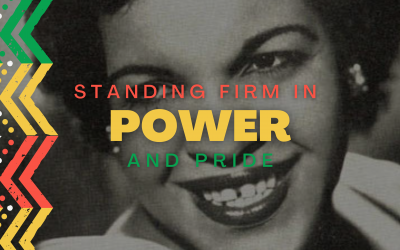




Leave a Reply